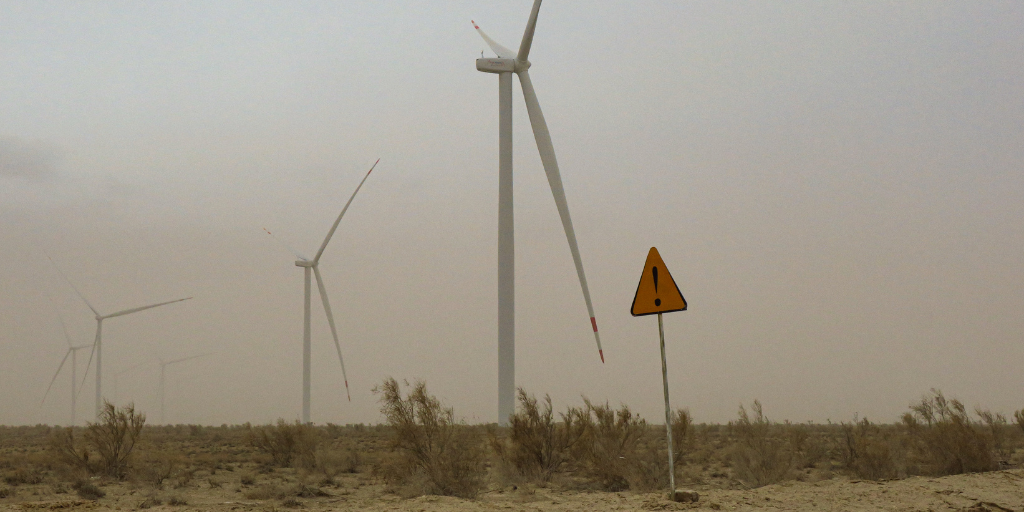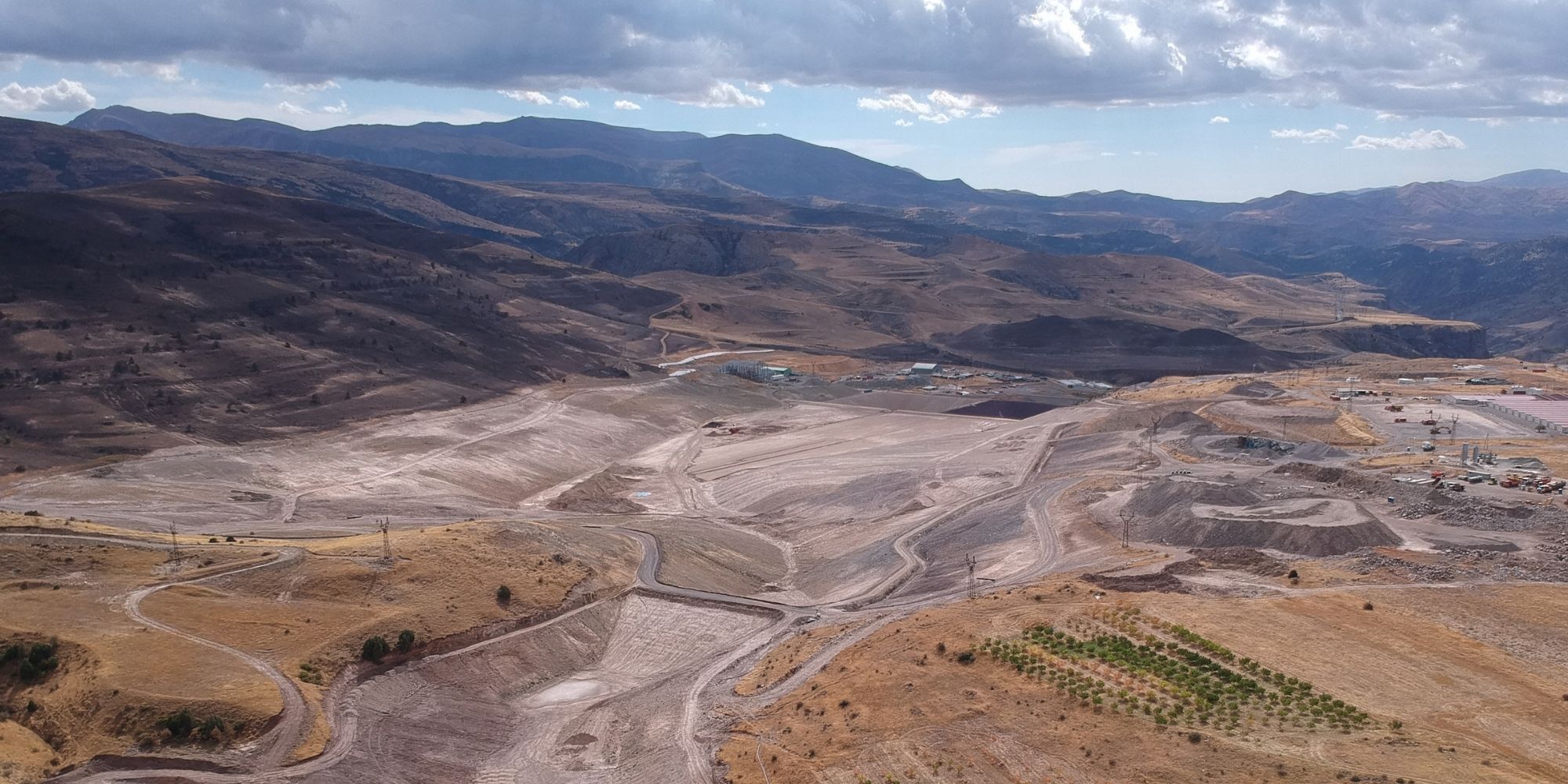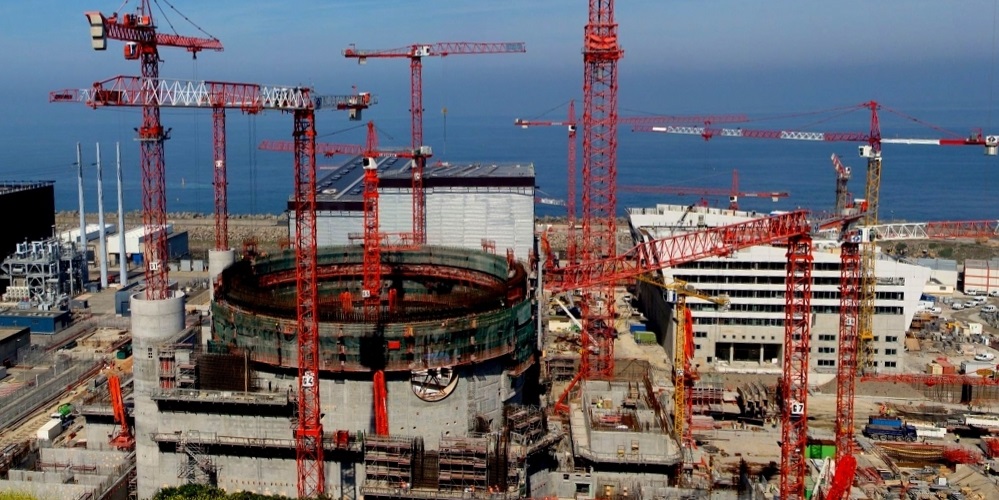Whether in Europe or beyond, public money must not become an auxiliary for human rights violations or the marginalisation of affected communities.
We expose cases where development banks fail to protect those impacted by their projects.
We advocate for participation and consultation processes that are not pro-forma exercises, but a tool to ensure people’s well-being.
We run a helpdesk where activists and communities can get advice on how to challenge controversial projects being considered for funding by development banks.
Close to frontline communities
We’re in direct contact with affected communities and provide updates from their struggles.
Image (c) Rosa Vroom
IN FOCUS
The Reconstruction of Ukraine
The scale of destruction caused by Russia’s aggression against Ukraine has been staggering. To repair the damage, joint efforts to coordinate donations and properly plan Ukraine’s reconstruction must start as soon as possible.
A successful reconstruction of Ukraine cannot happen without involvement of the Ukrainian people. That’s why we’re calling on international donors to ensure that the financial structures to help impacted communities are put in place and that civil society groups have a say in this process.
We believe that Ukraine and the international community have a unique opportunity to modernise the country while addressing people’s needs and long-term sustainability.
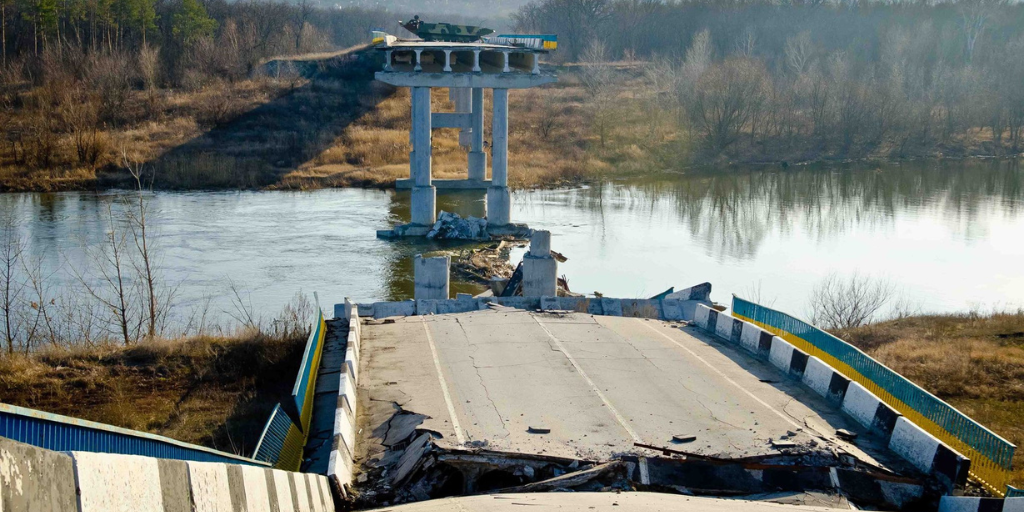
Amulsar gold mine, Armenia
The controversial Amulsar gold mine near the touristic spa town of Jermuk was supported by the EBRD equity investments, but blocked by locals after the velvet revolution in 2018. In spite of a number of legal threats and intimidation by the company, the blockade continued till the eruption of military conflict overNagorno Karabakh (Artsakh) at the end of 2020.
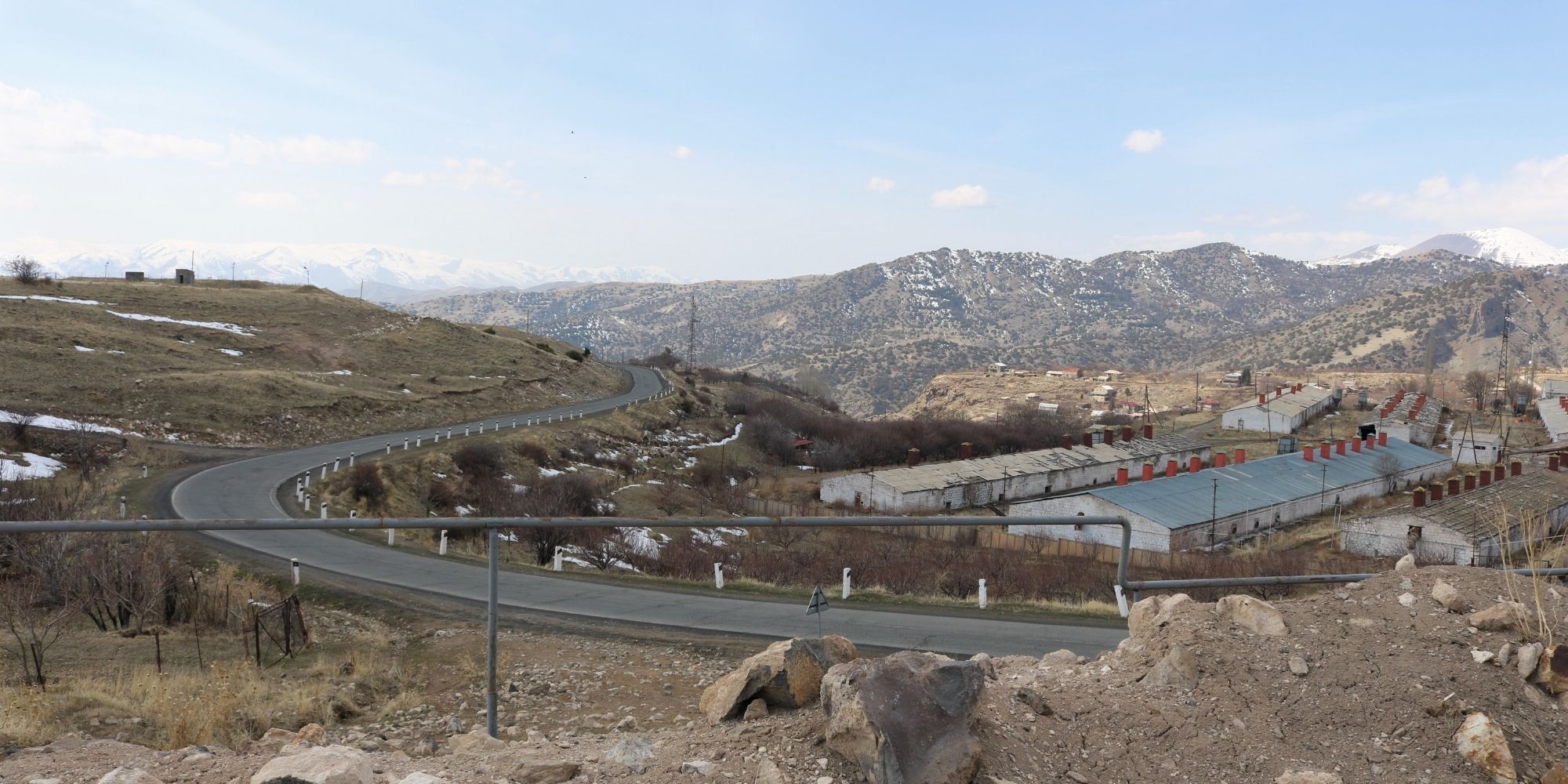
Myronivsky Hliboproduct (MHP), Ukraine
The leading Ukrainian agribusiness giant has been enjoying generous support in public funds and national subsidies. With over half a billion euros from the EBRD, EIB and the IFC, Myronivsky Hliboproduct PJSC (MHP) has grown into a near monopolist in poultry production. While MHP’s vertically integrated model has contributed to its status as a leading Ukrainian agribusiness, the scale and nature of its business have also contributed to mounting concerns about its social and environmental impacts. These concerns are compounded by patterns of poor community consultation and a lack of information provided about MHP’s operations, leaving project-affected people guessing about the true impacts of its operations.
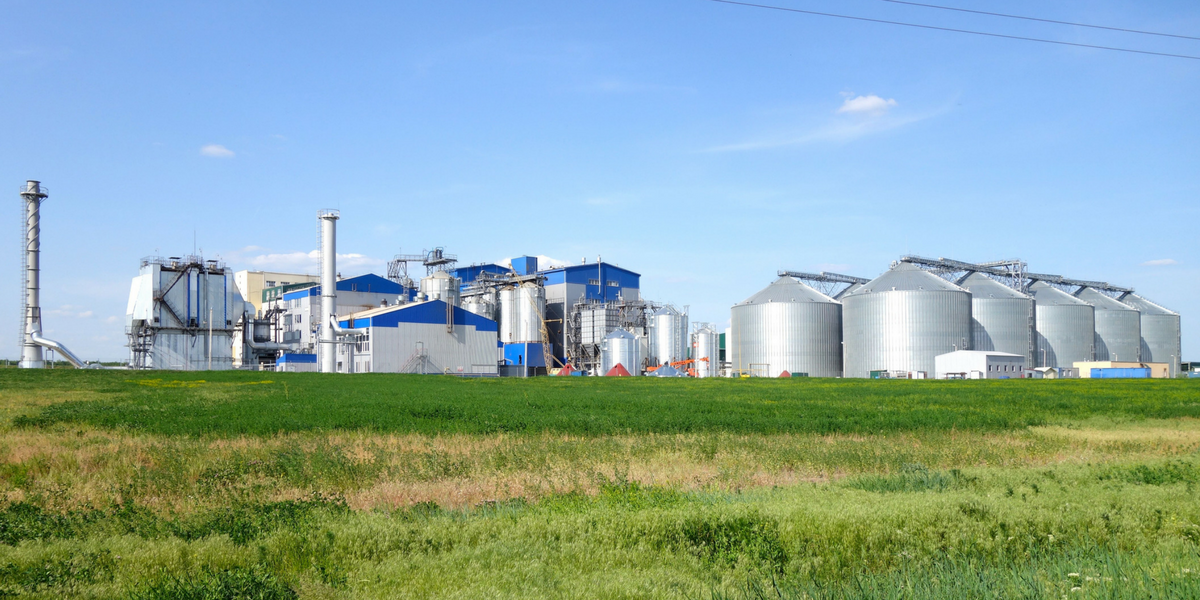
Corridor Vc motorway, Bosnia and Herzegovina
The Bosnian section of the international Corridor Vc is planned to run for 330 km through Bosnia and Herzegovina. Concerns about environmental impacts and threats to cultural heritage were raised by local people and cultural figures. The public discussions about the project have led to a series of scandals and a deadlock of the motorway’s development.
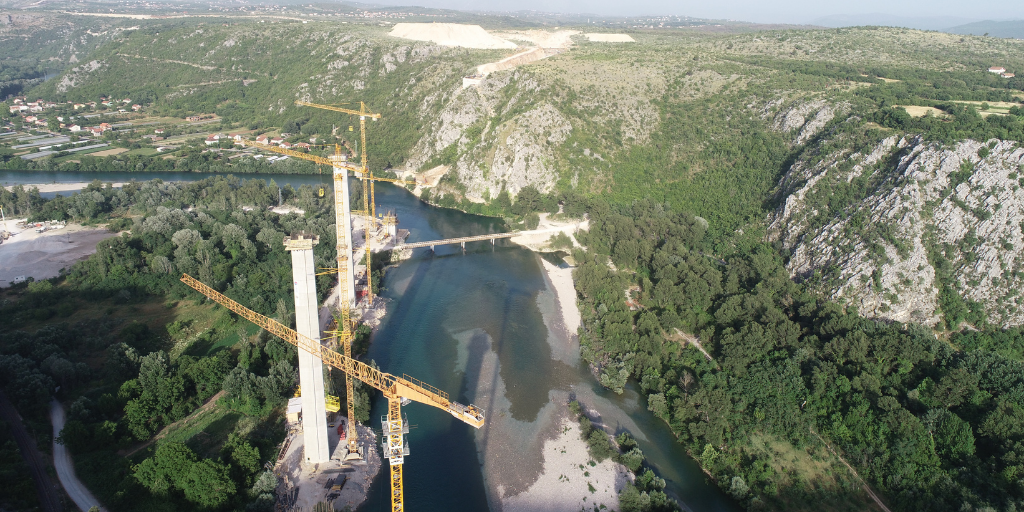
Our past projects
Zarafshan, Bash and Dzhankeldy wind projects, Uzbekistan
The first large wind projects in the Central Asian country are being built in biodiversity hotspots and hinder the declaration of protected areas. The IFC, EBRD and ADB need to ensure that some of the most problematic turbines are moved away.
ARCHIVED: Minerals mining and supply chains
Global demand for minerals and other critical raw materials is intensified by the just transition to renewable energy and the digital transformation agenda. Therefore sustainable supply chains of minerals are fundamental to addressing the climate crisis and the Covid-19 crisis that humanity is facing today. The European Union needs to innovate and find solutions to achieve its circular economy and resource use reduction objectives and to meet the demand of EU’s industry and consumers, while still protecting communities and nature threatened by mining.
ARCHIVED: Export Credit Agencies (ECAs)
With many billions of dollars at their disposal, export credit agency finance far outpaces that of development banks and yet avoids the same public scrutiny. Most money flows into large infrastructure projects in politically-volatile countries that oft
Latest news
Soft landing: New high-level EIB ‘revolving door’ revelations suggest systemic issue persists
Blog entry | 1 March, 2024Alarming new Politico report uncovers ‘revolving doors’ in the EIB’s highest echelons linked to the controversial expansion of the Budapest airport.
Read moreInternational groups stand in solidarity with Armenian environmental and human rights defenders facing defamation and criminalisation
Press release | 20 February, 2024In recent months, Armenian human rights and environmental defenders and organisations have been facing defamatory attacks in local media. They are increasingly being targeted through defamation, smear campaigns, intimidation and criminalisation for their peaceful, legitimate human rights work.
Read moreKyrgyzstan’s crackdown on civil society: Are international development banks doing enough?
Blog entry | 20 February, 2024Kyrgyzstan is one of the few countries in Central Asia with an active and vibrant civil society, represented by strong human right defenders and active environmental and social issue groups. Last year, however, the Kyrgyz government proposed two repressive laws on non-governmental organisations and the media, which represent a major setback for the country’s democratic future.
Read moreRelated publications
Why and how the European Bank for Reconstruction and Development must improve its biodiversity standards
Briefing | 24 June, 2024 | Download PDFThe EBRD’s Environmental and Social Policy is now undergoing revision and it needs not only to maintain the EBRD’s practices with regard to biodiversity, but also to significantly improve them.
Why is rebuilding the Kakhovka dam not the best option for Ukraine?
Briefing | 29 May, 2024 | Download PDFAfter the collapse of the Kakhovka dam in 2023, some stakeholders support the reconstruction of the dam, while others are willing to support the restoration of the natural landscape on the site of the former reservoir.
The EBRD’s (ir)responsible exit from the Amulsar gold mine project in Armenia
Briefing | 29 May, 2024 | Download PDFThe engagement of the EBRD in supporting the Amulsar gold mine in Armenia in its early stages resulted in adverse environmental, social, economic, and human rights impacts. The EBRD terminated funding to the client and exited the project, but the harm remains unremedied.
